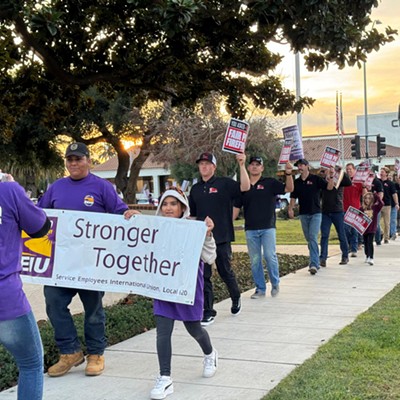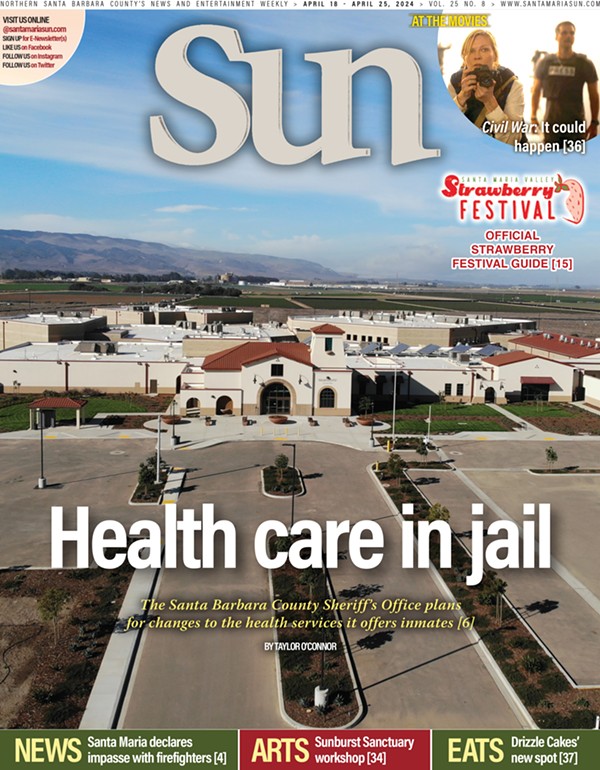There is a dark industry growing in the shadows of our communities: human trafficking. Human trafficking is an estimated $150 billion industry worldwide, with nearly 21 million victims. Horrifyingly, one quarter of the victims are children. According to the Polaris Project, “[t]raffickers use violence, threats, deception, debt bondage, and other manipulative tactics to force people to engage in commercial sex or to provide labor or services against their will.”
Because human trafficking is a black market, there is no official data on the number of trafficking victims in this country. But prosecutors across the state report an increase in human trafficking-related crimes. California’s extensive border, numerous ports and airports, and large economy make it a prime location for trafficking. Since 2007, more than 19,000 calls and 5,000 cases have been reported to the national trafficking hotline from California.
This is not just an urban issue. California’s Central Coast has become a trafficking corridor, as victims are transported up and down Highway 101 between major population centers.
Law enforcement has stepped up efforts to crack down on this epidemic. Between 2010-12, California’s nine regional human trafficking task forces initiated 2,552 investigations and arrested 1,798 individuals. While this enforcement effort is critical, we need to aggressively combat human trafficking on all fronts.
That’s why I am pleased to report that the state Assembly—in a bipartisan fashion—has made human trafficking a major legislative focus. Legislative efforts have included measures to create a pilot program for vertical prosecution of human trafficking, to require hotels and motels to display signs with the national hotline phone number, and to authorize the Victims Compensation Board to provide financial support for trafficking victims. Another important bill would reclassify sexual trafficking to be a violent felony, which would require convicted offenders to serve at least 85 percent of their sentence before parole eligibility.
As a former deputy district attorney, and as a father of four children, my heart breaks when I hear about the suffering endured by trafficking victims. In these highly polarized times, it is a cause around which persons of all political persuasions can rally. We owe it to the thousands of trafficking victims (past, present, and future) to be courageous and diligent in combating this worldwide epidemic.
Assemblyman Jordan Cunningham represents California’s 35th Assembly District, which includes SLO County and part of Santa Barbara County. Send your thoughts to [email protected].








